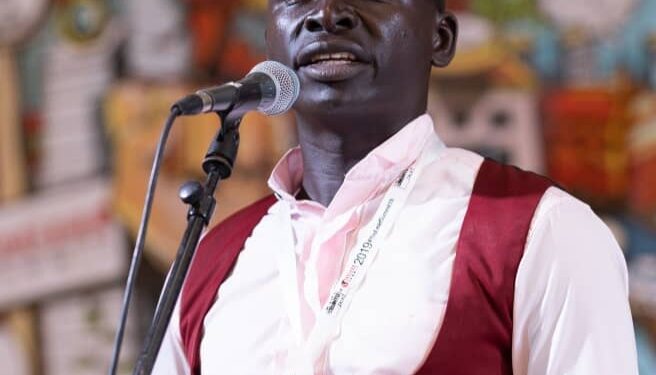The food and agricultural organization (FAO) estimates that since the global population will be 9 billion by the year 2050, we need 70% more food production by 2050 than we have now. Most of the global population by 2050 will certainly be in Africa. But when one analyses our current strategic planning objectives, this existential threat isn’t top on the agenda.
Africa has 60% of the world’s most un-used arable land. But its rather ironic that Africa imports about $35 billion worth of food every year. Most cereals come from Russia and Ukraine. Countries like Egypt, Somalia, Sudan, Tanzania and Senegal have a large dependency on food coming from Russia and Ukraine. The Russia-Ukraine war has disrupted this.
With the current disruptions in global supply chains due to Covid 19 lockdowns and the ragging Russia-Ukraine war, this continent can’t keep importing $35 billion worth of food. We have the unused arable land and the demographic youth dividend to depend on local production.
The reason we keep importing this food is because we keep treating agriculture as a social activity and not an economic opportunity. And the policies currently pursued by both African governments and the donors have been geared towards poverty reduction. This should change. In order to avoid avert this impending disaster, policies should now focus on increasing agricultural productivity and making sure that African agriculture is modernized and benefits from technology like irrigation.
We aren’t investing enough in agriculture on this continent. Access to agricultural financing in Africa is too expensive from both domestic and international sources. African governments should start dealing with these African agricultural issues of unproductivity in a structural manner not with a short term vision of immediate needs. We need long term strategic planning.
Local African agriculture needs to increase and become crisis resilient. We should start looking for plants that can thrive locally when grown in Africa. For example, in landsberg, Germany a couple of university students are experimenting with certain non-native crops that can be grown locally like the potato bean, quinoa, chickpeas and perennial keel. This is something Africans should embrace.
In Copenhagen, Denmark, a lot of capital intensive research and development has gone into the idea of vertical farming. At the moment, 38% of the world’s land area is used for food production, it consumes 70% of fresh water and is responsible for 30% of greenhouse gas emissions. The vertical farms experiment in Denmark seeks to solve these challenges. For instance, vegetable crops that are planted in these vertical farms grow without any soil at all. They grow directly in water.
This will come as a shock to many but certain roots of plants absorb nutrients from water more easily than from soil, so they need less fertilizer. This can solve the fertilizer problem. Africa imports a lot of fertilizer Asia and Europe. Ghana is particularly reliant on fertilizer from Russia, Ukraine, and Belarus. In 2020, 10% of Ghana’s fertilizer was from the region. But the raging war in Ukraine has disrupted this supply of fertilizer. Vertical farming could solve this challenge if adequate financing is put in this area.
The best part about vertical farming facilities is that they constantly recycle water to limit the amount of water spent on agricultural production. These vertical farms use 95% less water than conventional vegetable farming
The only reason why African might not embrace vertical farming facilities is that the technology is still very expensive. They cost about 25 million Euros. But this can be remedied by devoting substantial amounts of budgetary financing to agriculture.
In Denmark, according to Nordic harvest, vertical faming is supplying 120 supermarkets with vegetables. When fully operational these firms produce 1000 tons of leafy green, much more than conventional agriculture can produce.
The rest of the world has demonstrated that it shouldn’t rely on the so called global supply chain for local food consumption. However, the same mindset change isn’t reflected in Africa. Instead, the chairman of the African union just made a trip to Moscow to beg Putin to end the war. Let’s look at sustainability.
Samuel Obedgiu
Agricultural Scientist and Enviromental Activist
E-mail: sammyobedgiu@gmail.com
Do you have a story in your community or an opinion to share with us: Email us at editorial@watchdoguganda.com













